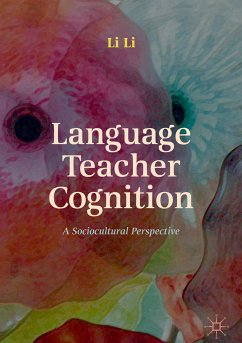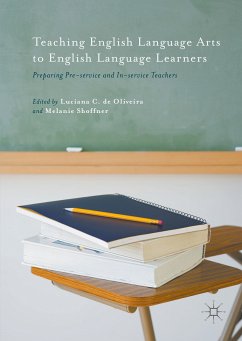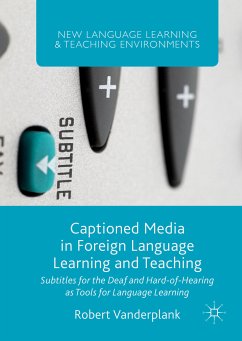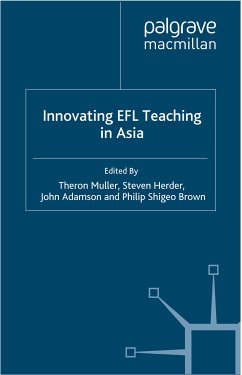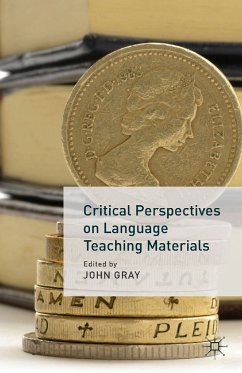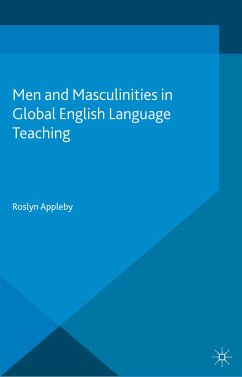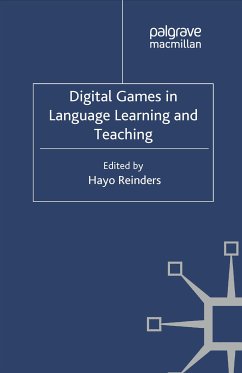This book explores the topic of teacher cognition, making use of sociocultural theory as a framework to understand what teachers know, think, believe and do in their professional contexts through 'applied' conversation analysis. The author examines what teaching and learning mean to teachers by analyzing the interactional work they do with their students, considering when and why teachers make interactive decisions as well as how they utilize new technological tools to address their pedagogical objectives. After discussing how teachers construct identities and display emotions in the classroom, she presents suggestions for language teacher education and development, pedagogy improvement and teacher knowledge. This book will be of interest to language teachers and teacher trainers, as well as students and scholars of applied linguistics and sociocultural theory.
Li Li is Senior Lecturer at the Graduate School of Education in the University of Exeter, UK. Her research interests include language teacher cognition, classroom discourse, developing thinking skills and the use of new technologies in language learning. She is the author of Social Interaction and Teacher Cognition (2017) and New Technologies and Language Learning (2017).
Dieser Download kann aus rechtlichen Gründen nur mit Rechnungsadresse in A, B, BG, CY, CZ, D, DK, EW, E, FIN, F, GR, HR, H, IRL, I, LT, L, LR, M, NL, PL, P, R, S, SLO, SK ausgeliefert werden.

